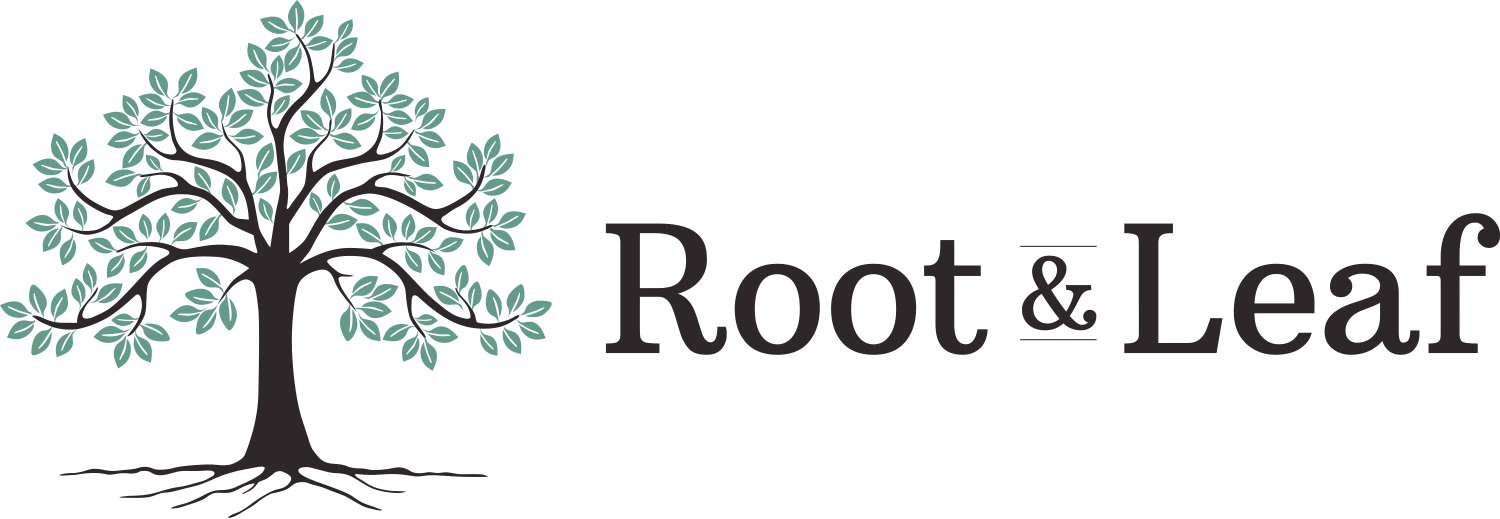Brands, Stop Trying to Co-opt BLM
Serious events are happening. The gears of history are moving, and fast. No one cares what Pringles has to say about it.
I thought that brands might have learned their lesson after the pandering COVID marketing emails and empty “we’re in this together” TV ads. Many haven’t. They’re continuing to try to shoehorn themselves into topics where they’re out of their depth.
Now, there are cases where certain organizations can provide genuine and relevant messages (more on this later). But the key is to back up their statements with action. Ideally action that they committed to before the death of George Floyd, otherwise they risk coming off as opportunistic.
But in many cases, brands’ posts are backfiring. Frankly, I don’t think people have much appetite for phony reassurances right now. The times call for something more serious than that. Let’s walk through some notable brand missteps.
This Was Absolutely Tone-Deaf and Shameless
What can you say, really? The ridiculous thing here is that the owner of the racistly-named Washington football team, Dan Snyder, refuses to change the name even after years of criticism.
The organization would lose next to nothing by undergoing a rebrand. Sure, they’d need to spend some money to update signage, uniforms, etc. But those things only have a certain shelf life anyways.
And unlike in other industries where poorly-executed rebrands/transitions can cause customers to slip through the cracks, NFL franchises are essentially monopolies. Each team has a geographic carve-out. The fans aren’t going to shift allegiances to some other team. Especially if they’ve stuck around for so long in spite of the team’s racist name.
We were glad to see the post widely ridiculed and criticized. For example, the Sunrise Movement didn’t mince words in their response:
Putting Vile Hypocrisy on Blast
Racist words are bad enough. But actions are worse. Twitter user Respectable Lawyer put together a thread demonstrating how so many brands’ statements were in complete conflict with their real-world impact:
Amnesty International has more on palm oil labor practices here, and specifically references Pringles. I’m not qualified to comment on where to draw the line between slavery and exploitative low-wage child labor, but none of this is good.
Here are a couple other noteworthy callouts from the Twitter thread:
Never Trust Extractive Industries
I’ve written previously about Chevron’s scorched earth policy. Enter BP.
We all know about the devastation caused by BP’s Deepwater Horizon spill. The negative consequences of such events can have disproportionate impacts depending on race. And that’s just a relatively recent example from BP’s long history of racist exploitation around the world — from extorting governments and paying poverty wages in the Middle East to fighting tooth and nail against funding for black and brown communities harmed by pollution in the US.
And did you know about this petition alleging that BP has avoided paying pensions to hundreds of former employees in Zambia?
Diversity & Inclusion Doesn’t Make Up for a History of Large-Scale Racial Discrimination
Wells Fargo decided this was a good time to boast about its Diversity & Inclusion values. While those efforts do have value, the CEO’s statement is notably missing any financial pledge or broader commitment to making a difference. The company was forced to pay $175 million in 2012 due to its discrimination against African Americans and other groups.
Can Brands Participate Effectively Here?
I think they can, but it’s tough to do. It requires either a concrete history of doing social good or a commitment to right wrongs going forward.
For example, Haymarket Books is an independent, nonprofit book publisher that helps change the world through spreading ideas.
They Retweeted some highly relevant past Tweets, which circulated widely:
Target is headquartered in Minneapolis, where all this started when Minneapolis PD officer Derek Chauvin murdered George Floyd. Target also became notorious from early footage of looting in Minneapolis.
How has Target responded? They seem to be making a real commitment. The following post links to a statement where among other things they pledge $10 million to causes including the National Urban League and the African American Leadership Forum. It’s a start.
What Do You Think?
Do brands have relevant voices for this conversation? Who should be praised for their efforts? Who should be called out?
Please share your thoughts and observations in the comments below.

